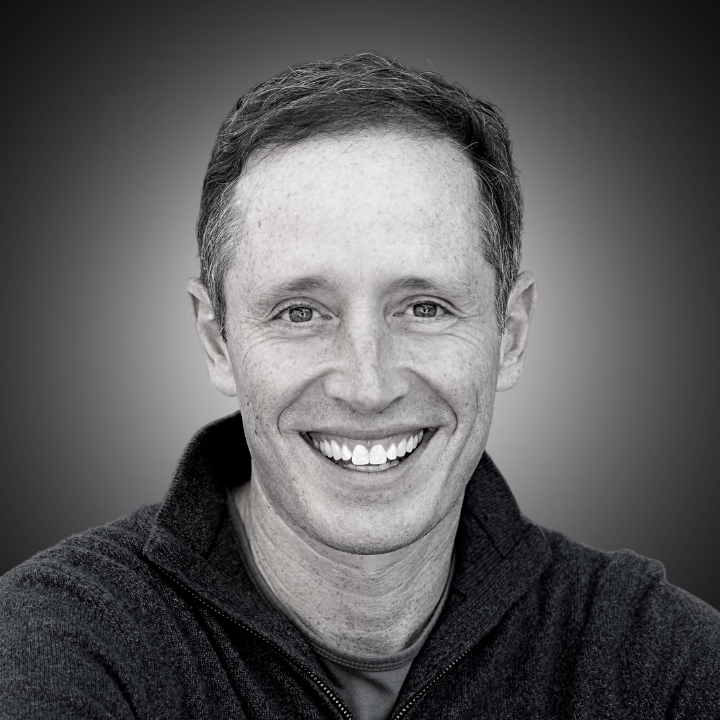“The belief that needs to be addressed head on is that death is something that can wait to be discussed until one gets older.”
Researcher Hal Hershfield is driven to understand how we can make better decisions now for our future selves (and the people we leave behind.) And, how society’s negative views on aging might be part of the problem.
Q: Death is often considered taboo. Was there a defining moment in your life that ignited your passion to discuss and address end-of-life experiences openly?
I’ve always been focused on long-term decision-making in my research. When writing my book, Your Future Self: How to Make Tomorrow Better Today though, I realized that there are so many decisions we must make that impact others beyond our own lifetimes. The key building block of understanding those decisions is to become more comfortable talking about death and mortality.
Q: Given your unique background, how does your work intersect with the end-of-life and grief conversation — and please give us a preview of what you’re talking about on the End Well stage.
I study the ways in which people think of their identities remaining constant or changing over time, and how these perceptions impact long-term planning. Planning for the end of one’s life is perhaps the ultimate long-term decision. At End Well, I plan on talking about what techniques caretakers and policymakers might use in order to get people to take these conversations more seriously.
“Social scientists may be able to help the conversation along by identifying significant barriers to discussions surrounding death.”
Q: Cultures around the world have different practices and beliefs surrounding death. How has your cultural background influenced your perspective on the end of life and grief?
I have spent my whole life in the U.S., where attitudes about aging are perhaps less positive than they are elsewhere. Those less-than-positive beliefs could spill over to thoughts about mortality, making it a topic that few want to address head on.
Q: In your experience, what is the most significant societal norm or belief about death and dying that needs to be challenged or redefined?
The belief that needs to be addressed head on is that death is something that can wait to be discussed until one gets older.
Q: How do you hope various professions and disciplines can come together to create a more human-centered approach to end-of-life care and experiences?
Medical professionals know so much about the body’s response to dying, and psychiatrists know so much about the psychological responses to dying (from both the patient and the caregiver perspectives). But social scientists may be able to help the conversation along by identifying significant barriers to discussions surrounding death.
Q: Is there a book, movie, piece of art, or another form of media that profoundly impacted your views on mortality?
George Saunders’s book Lincoln in the Bardo was a beautiful meditation on the complicated feelings that mark the grieving process. Derek Parfit’s Reasons and Persons contains numerous passages that highlight the ways our identity may continue to live on after we have died.
Q: Fast forward a decade. If the objectives of the End Well Project are realized, how do you envision society’s attitude and practices surrounding the end of life experience
More people will feel comfortable not only talking about death but making concrete end-of-life plans.
Hal Hershfield will speak at End Well 2023 on November 16th in Los Angeles.
Hal Hershfield is a Professor of Marketing, Behavioral Decision Making, and Psychology at UCLA’s Anderson School of Management. His research, which sits at the intersection of psychology and economics, examines the ways we can improve our long-term decisions.
Hershfield’s book, Your Future Self: How to Make Tomorrow Better Today, was published in June. Hal publishes in top academic journals and also contributes op-eds to the New York Times, Harvard Business Review, the Wall Street Journal, and other outlets. He consults with the Consumer Financial Protection Bureau, many financial services firms such as Fidelity, First Republic, Prudential, Morgan Stanley, Merrill Lynch, and Avantis, and marketing agencies such as Droga5. The recipient of numerous teaching awards, Hershfield was named one of “The 40 Most Outstanding B-School Profs Under 40 In The World” by business education website Poets & Quants.
